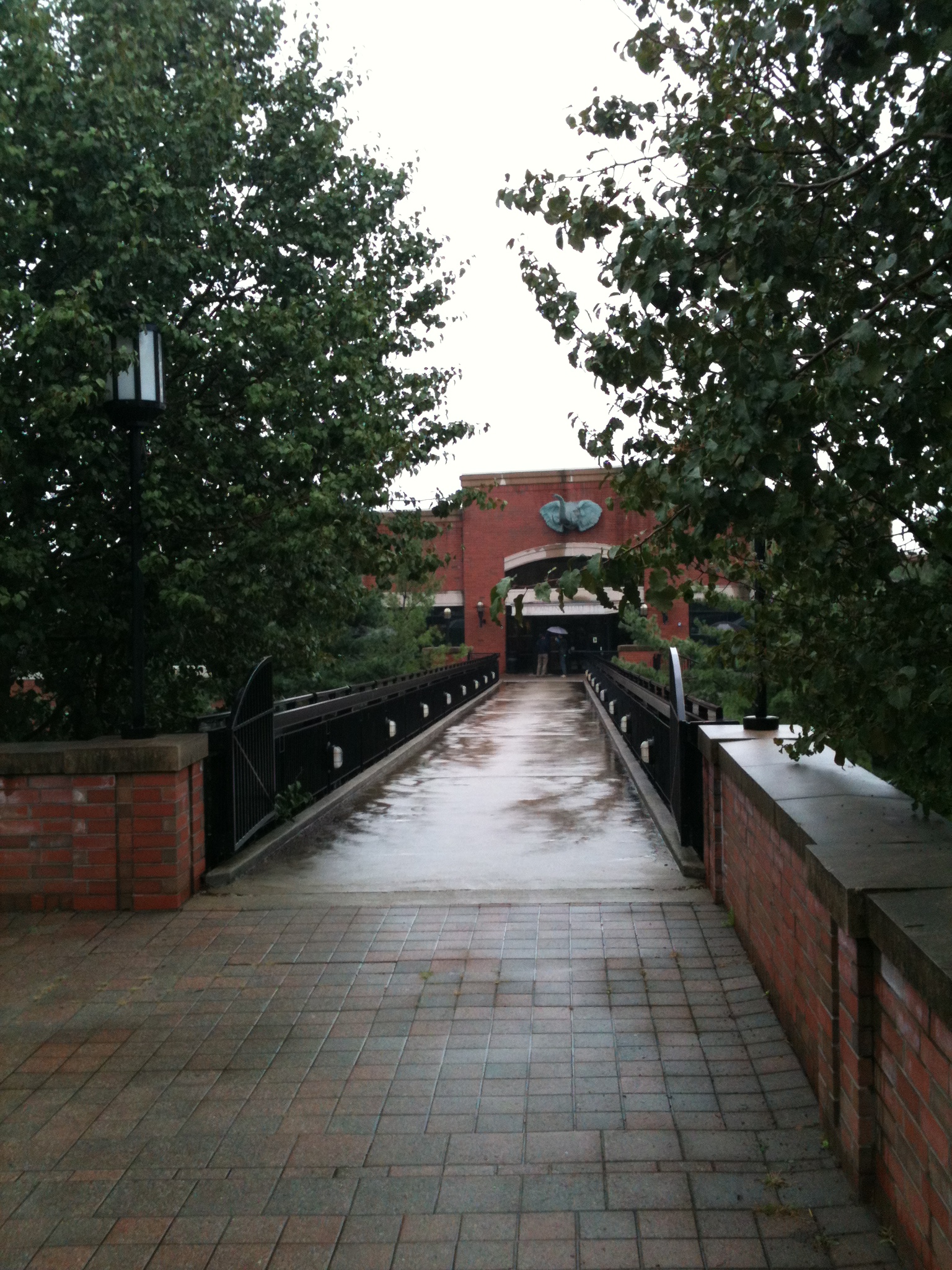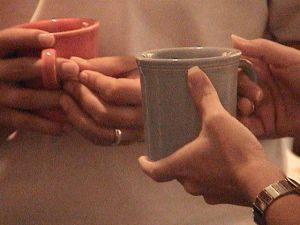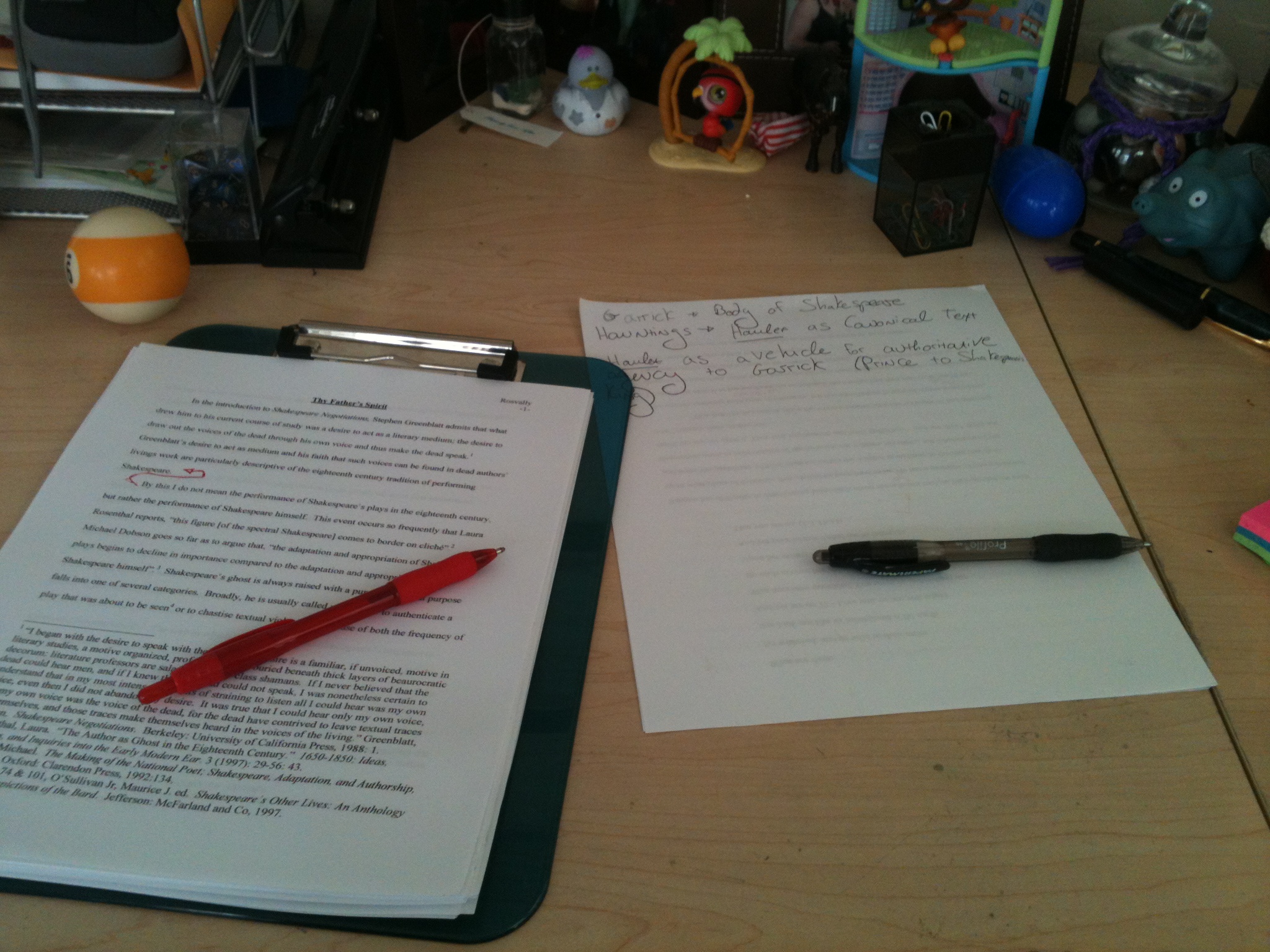Today is my birthday.
In recent years, it has become harder and harder to be festive on my birthday. During my Master’s (when I realized that this academia thing might actually be a lifetime commitment rather than a passing fancy), I resolved myself to come to terms with the fact that, for the rest of my life, I would be stressed out, over-worked, and over-wrought on my birthday.
Some years this sticks, some years it doesn’t.
It’s funny because, as I understand it, on birthdays you’re supposed to think back across the expanse of the year and have some thought about things you’ve done, accomplished, follies, foibles, adventures, etc. And maybe when you’ve done that, cast another thought forward to the things that you might accomplish in this year next. Since I’m still in the phase of my PhD during which landmarks are fairly mapped out and planned, I have the good fortune to be able to predict, with some degree of certainty, at least some of the things I will do before the world comes back around to December 11th once more. I will pass my German qual exam. I will study for (and pass) my comps. I will successfully execute my oral exams. And, at this point next year, I will be sitting pretty, poised for dissertation planning, and may (for the first time in many years) actually be able to relax on my birthday.
This year is not that year.
Today, I have a meeting, student final projects to look at, library books that will go into arrears if I don’t return them today, an article to track down, and mountains and mountains of writing to do. I didn’t even have time to wake up early enough for a run due to the absolute insanity that was yesterday (I spent thirteen hours on campus yesterday, left at 11PM and am doing the eleven-hour turn-around and will be back on campus at 10AM this morning…. ah the glamorous life of a theatre academic).
But I did get to partake of my new favorite birthday tradition: birthday Shakespeare. Last year, as a birthday gift, my ever-wonderful Partner in Crime took me to see Hamlet at the Gamm. The production was meh, but the point was to be able to sit back and enjoy something I love rather than worry about deeper issues (…of course, I did worry about deeper issues, but that’s just the way I’m wired). Last night, the cast of Measure for Measure treated me to the first (rough) run of the show. Some really interesting things going on and, if they continue to grow at a good clip, I think the product will be well worth the ticket price. I even had a Shakespeare-revelation while watching (this happens to me sometimes; the text hits my ear in a different way and things click into place and suddenly I understand something new about the show). So; thanks, cast!
So yes, I will be spending the day working. A lot. But the way I see it, this is paying it forward. Next year, oh sweet next year, I may even be able to take the day off entirely.
And so, dear reader, I leave you with this: have a wonderful day, think about Shakespeare for me, and have a watch of one of my favorite Shakespeare mashups: the muppets, Christopher Reeve, and Cole Porter:
[youtube http://www.youtube.com/watch?v=aWndLb3z5nY]


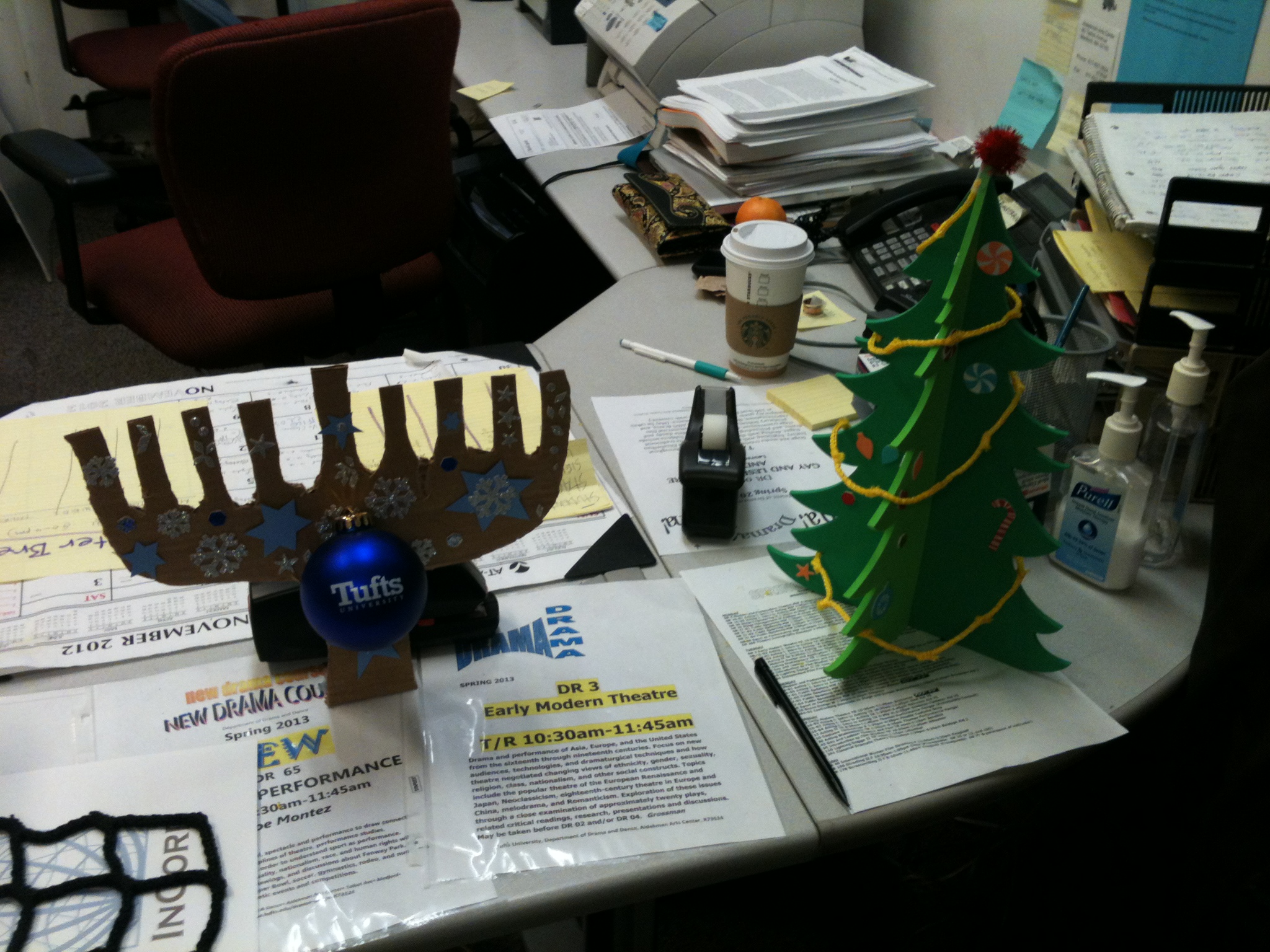

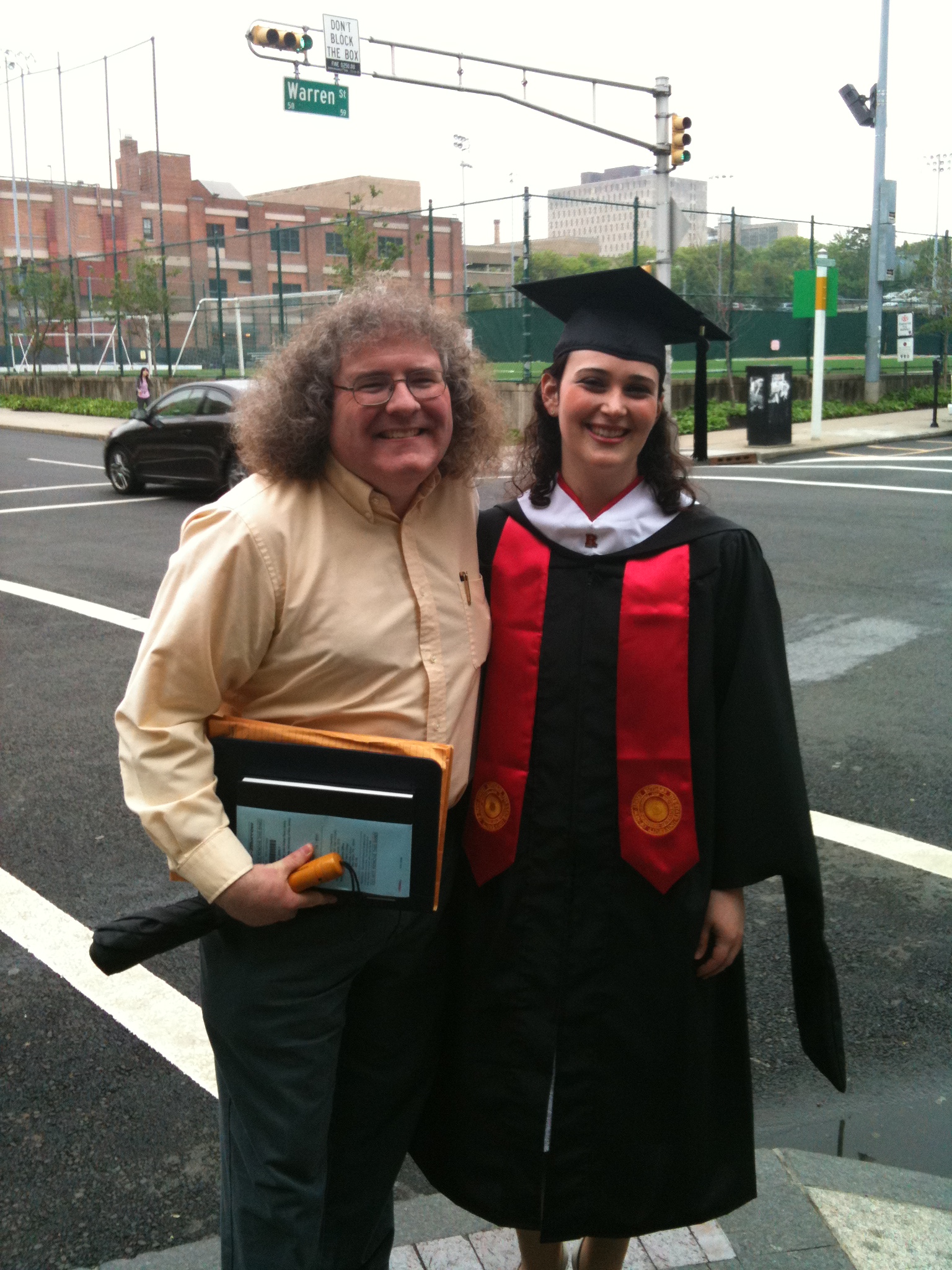

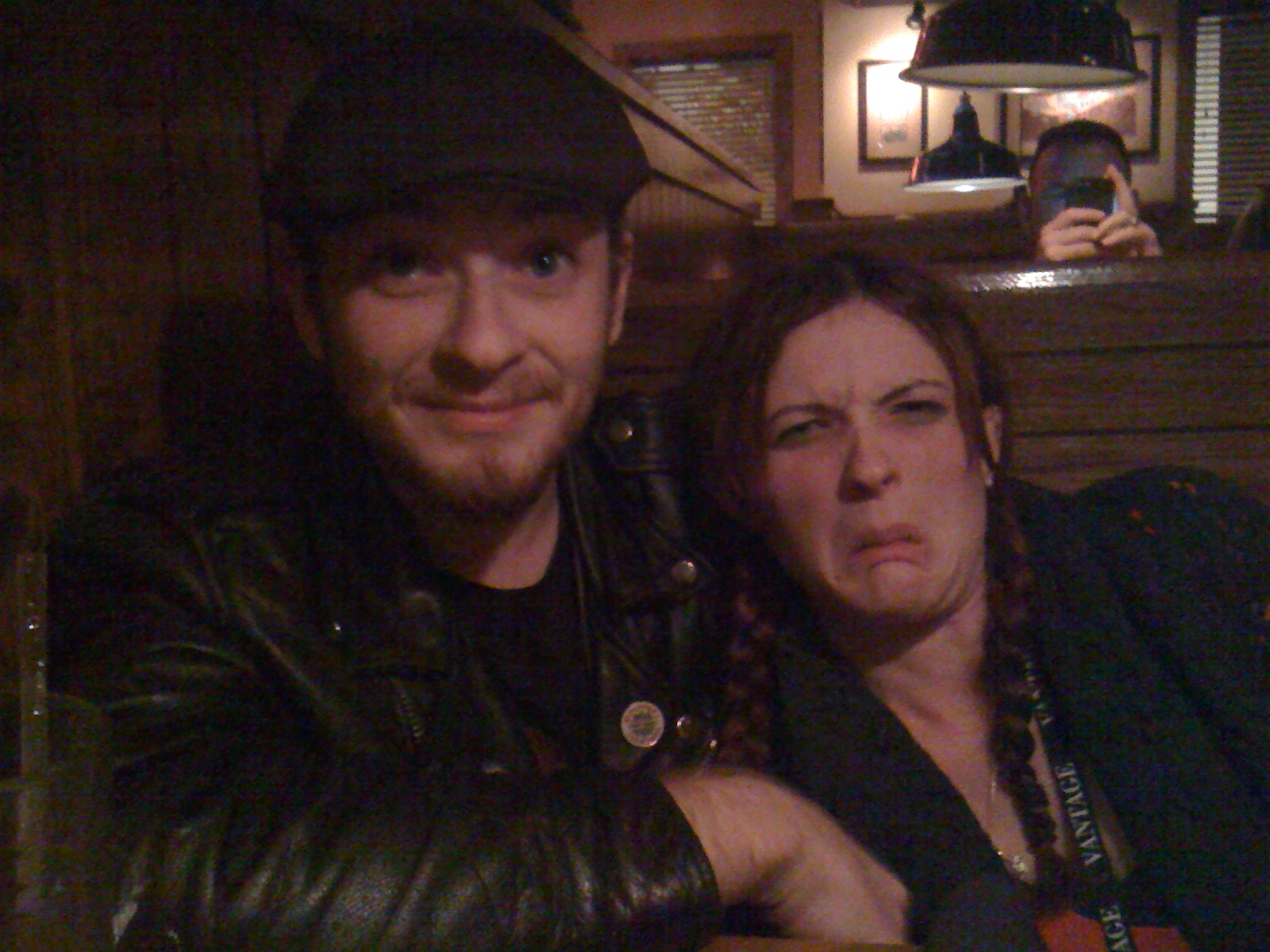



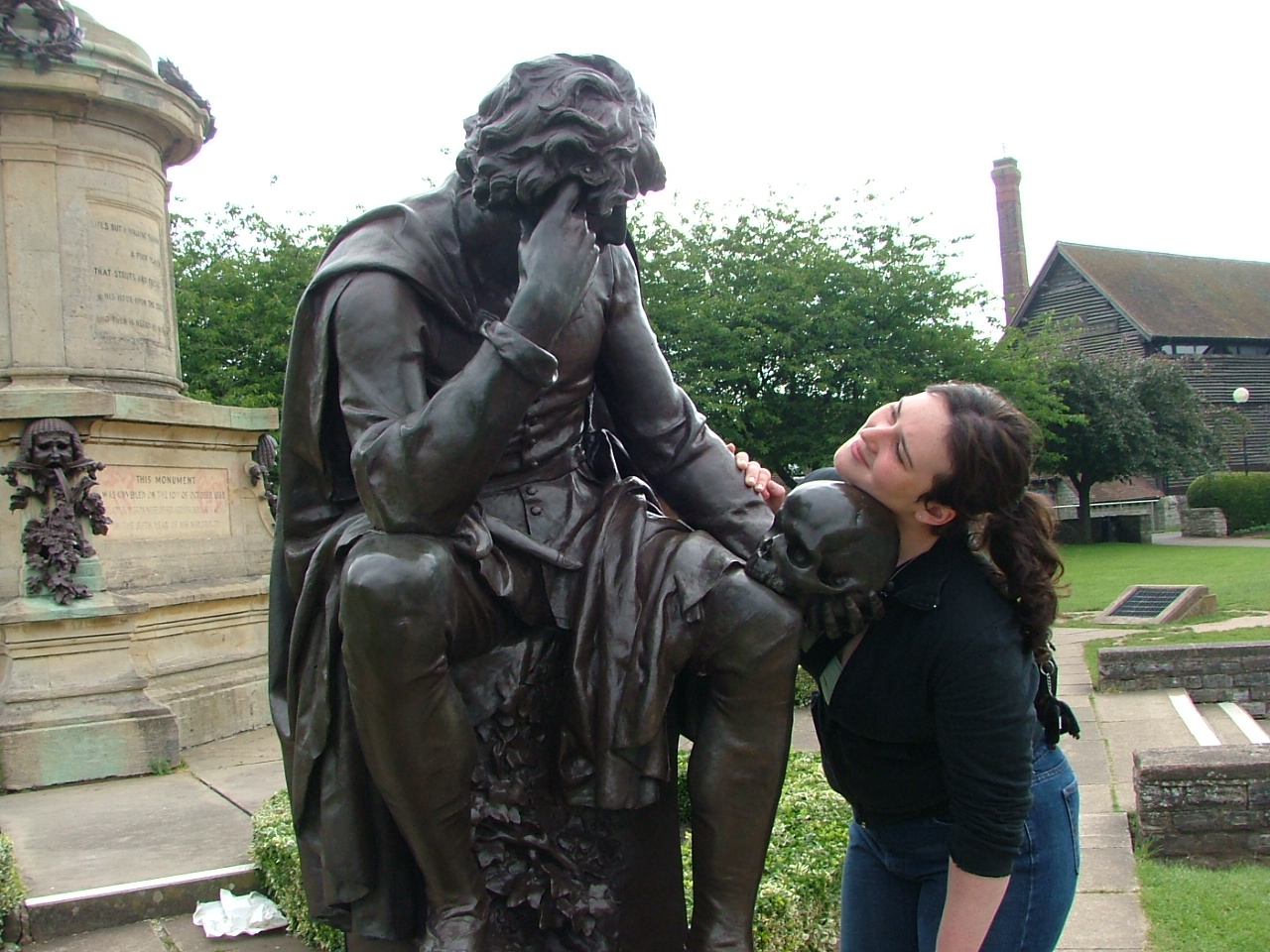

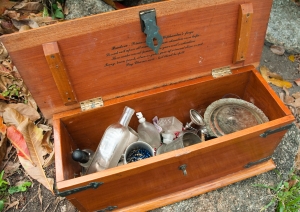 This exercise has gotten me pumped for the semester. Research, especially target and stalk research, is like a treasure hunt. Each successful finding was a new chance to feel accomplished, a new chance to learn something, and a new chance to feel like, despite any misgivings that may crop into the recesses of my mind, I can accomplish.
This exercise has gotten me pumped for the semester. Research, especially target and stalk research, is like a treasure hunt. Each successful finding was a new chance to feel accomplished, a new chance to learn something, and a new chance to feel like, despite any misgivings that may crop into the recesses of my mind, I can accomplish.
